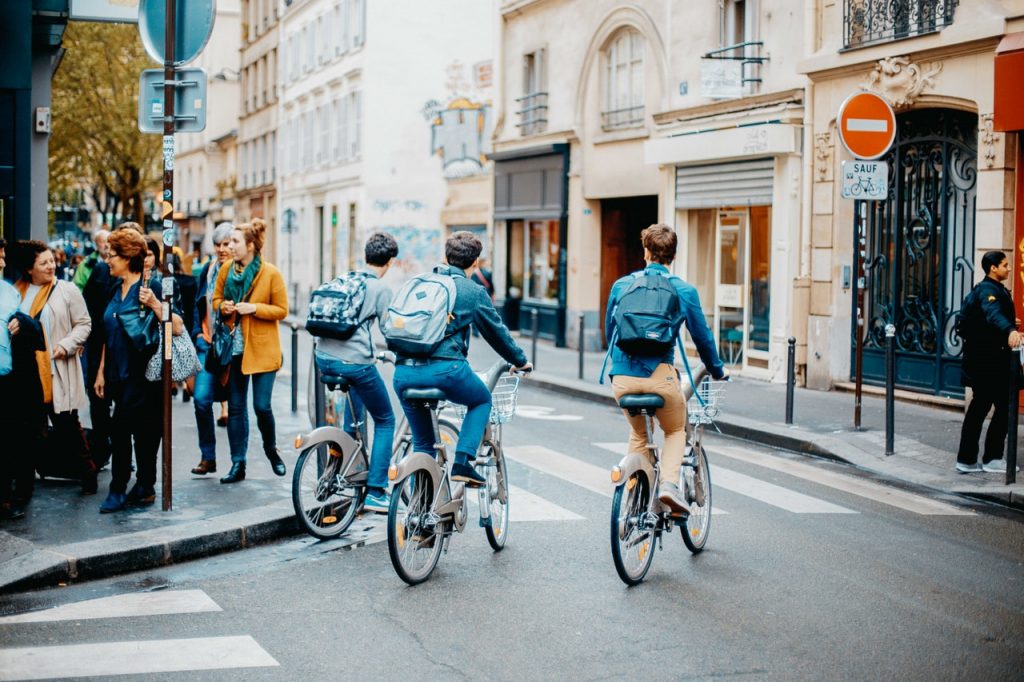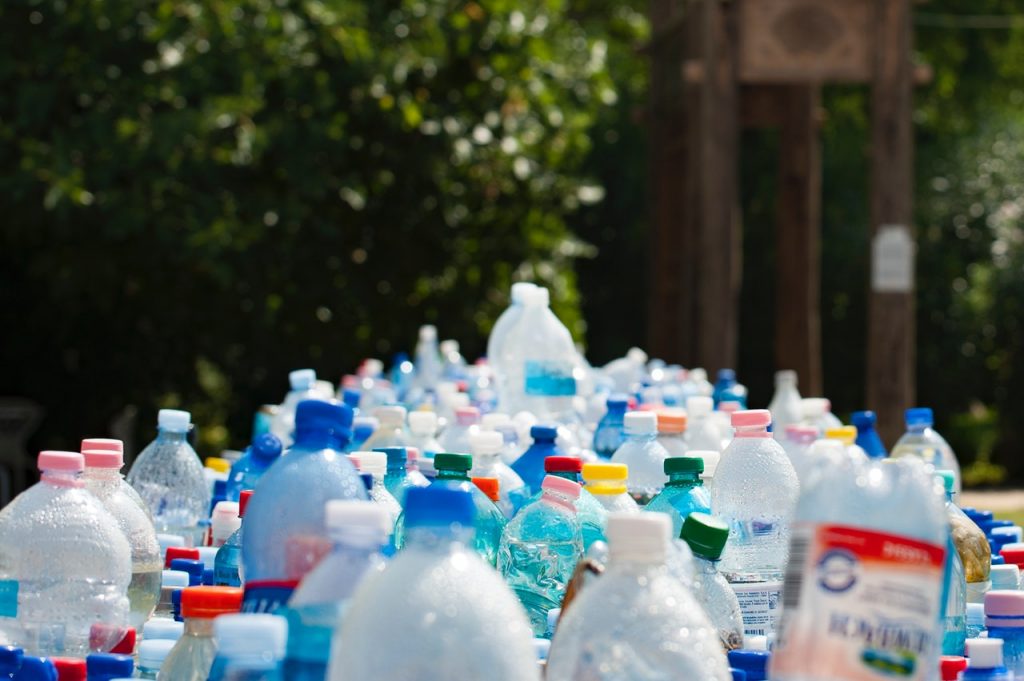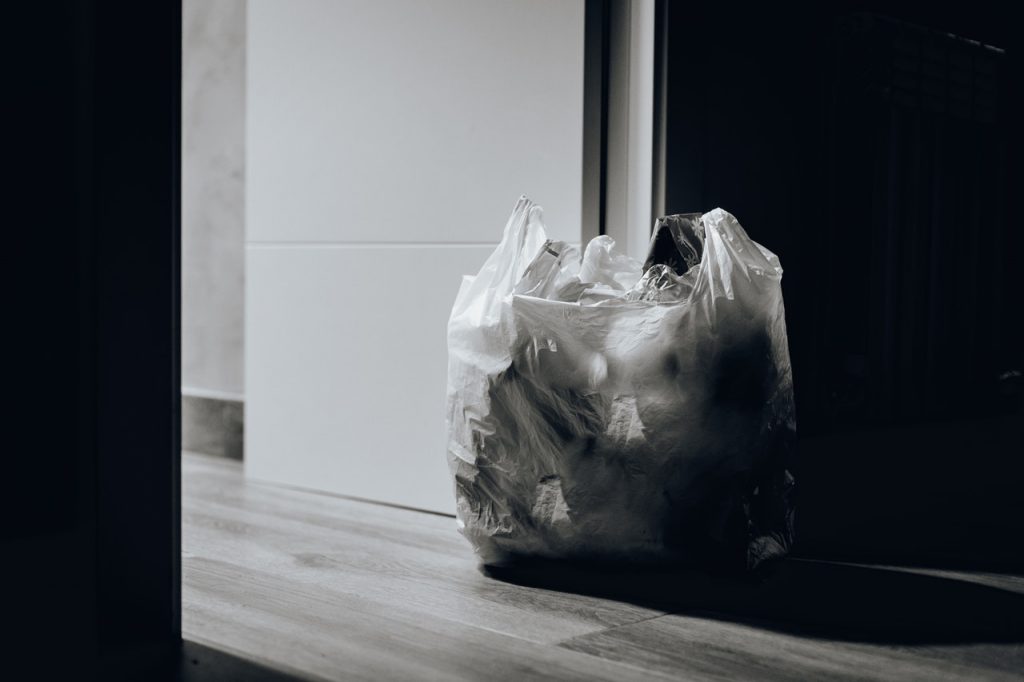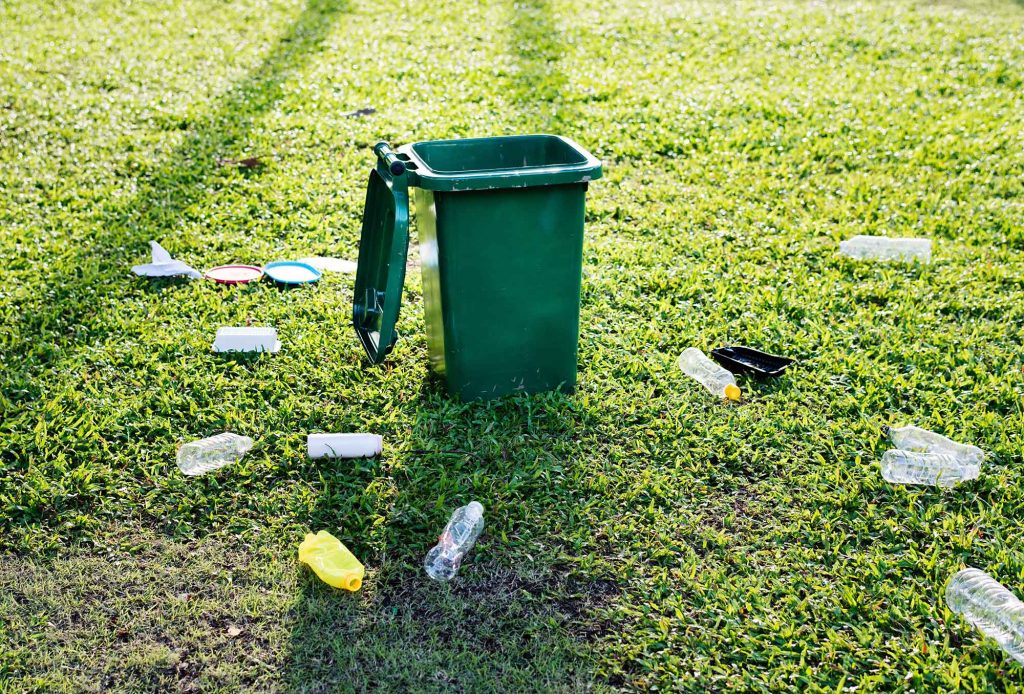The Dirt On Worship
Creation, Creation CareContributed by: Food for the Hungry Canada
Whenever I think about worship, I picture a 22-year-old with an acoustic guitar, strumming out the chords to the latest Hillsong United hit. Or a swaying crowd of people with their eyes closed in reverence and focus. I think of the popular and common ways that people show their love and devotion to God, like sharing a personal testimony in a small group and giving money to church during the service. My definition of worship automatically defaults to the obvious, public displays of honouring the Lord.
Yet I know that loving God is not limited to a specific set of “spiritual actions.” Ever since I was a little girl, I can remember how my grandparents took an hour or two out of every day to walk the streets of our town, collecting bottles and picking up trash as they went. There is nothing glamorous or even remotely extraordinary about this daily ritual, but it is full of care for something that is often overlooked: God’s creation. With each collected empty pop can and piece of plastic wrap, my grandparents expressed a humble respect and love for not only God, but the earth he made.
As a student who never composts and has an aversion to dealing with garbage in general, the concept of equating trash clean-up with worship is not appealing. But seeing the hands-on, humble routine of my grandparents de-cluttering the dirty streets reminds me that worship is not necessarily glamorous. It is in the ordinary and it is not a show. Worship is found in the quiet sincerity of caring for the ground that we walk on each day, just as it can look like meditating on the words of a Psalm or a song lyric.
Creation is something that is easy to love, but not always easy to care for. Most of us can appreciate the glow of a sunset or the lush greenery we hike past in the woods, but stewarding this beauty is another matter entirely. It takes effort and time and a desire to actually conserve the environment we are enjoying. It makes us get our hands dirty. But once we start considering how taking care of the earth is not just a chore that we should probably do, but a way to worship the Lord and honour what he has created, it can spur us on to take delight in the mundane tasks of conserving the beauty around us.
Consider the idea of the 3R’s (Reduce, Reuse, Recycle) as a lens for worshiping God by caring for the earth. Each simple act of cutting back and reusing materials has weight and power. My grandparents adopted this 3R’s mindset as a natural part of their lives by picking up some litter each day, and it is now a tool for them to see the world as an endless opportunity to make a difference and bring glory to God.
Here are five simple ways that I have seen people fuse a commitment to the 3R’s with the mindset of worship in their day to day life:

1. Reduce: Clean habits at home
My family friends committed to implementing some practical, eco-friendly habits in the everyday routine of their household. Their motivation was to simply be more thankful to God for what is so easily taken for granted, like access to clean water or a drying machine. In the bathroom, they started turning off the faucet while brushing their teeth and cut their shower time down by 5 minutes. They waited until their laundry baskets were full before putting clothes in the wash.
And in the kitchen, they were mindful of what was recyclable, compostable, and what could be thrown into the trash. The key is to make these practices accessible and convenient! If the garbage can is the biggest bin in the kitchen, that is what will fill up first. But by clearly labelling bins and placing them in plain sight for people to see, you can make the nitpicky task of sorting out what is compostable and recyclable an effortless, natural task.
For my friends, intentionally wasting less helped them be thankful for their resources instead of mindlessly consuming and discarding. A heart of gratitude for the smallest conveniences gave them a heart of worship for the Lord’s provision.

2. Reduce: Forget your car keys
Instead of driving everywhere, pick just one destination in your daily routine that you could start walking or biking to. Not only does this cut down on air pollution, but it frees up time to actually appreciate the beauty of the outdoors!
Last summer, I dedicated myself to biking a mere ten minutes to work instead of taking my car. I found the trip not only cleared my head and refreshed me, but it also created a space for me to tune into God’s voice at the beginning and end of each day. So ditch the fast way to an everyday destination and go for the alternatively healthy way. I dare you.

3. Reuse: Buy a water bottle (not bottled water!)
It may seem overly simple, but purchasing a reusable water bottle is an easy way to care for the environment. Most of us can get into the habit of buying water or fruit juice on the go, which most often ends up being piled into landfills. Constant recycling of these bottles doesn’t necessarily solve the problem of our ecological footprint either, as there is already so much that is already recycled!
In light of the 3R’s (Reduce, Reuse, Recycle), recycle is the third priority, so reducing to a water bottle first is the healthiest and most beneficial option. In addition to saving the earth, you can save all the extra money spent on disposable drinks! Cost-effective and environmentally conscious, reusable water bottles can be the newest way that you can practice loving and tending to the earth.

4. Reuse: Always bring reusable bags to the grocery store
What’s a more natural way to incorporate eco-friendly habits than in your weekly spin to the grocery store? Keep a bunch of cloth bags tucked in your car so the next time you make a milk and eggs run, you can help steward the earth and save on excess waste. According to Plastic Oceans Foundation Canada, nearly 3 billion single-use plastic bags (1) are used in Canada each year, which adds up to about 200 per person. Imagine if everyone started bringing their own bags to the grocery store! The amount of plastic consumed would shrink by a tremendous amount.
Aside from the environmental benefits, cloth bags are also a lot more convenient when running errands because they can hold much heavier items. Invest in five or six of your own cloth bags, and start making them an essential part of your shopping trips.

5. Recycle: Don’t accept garbage as a natural part of the landscape
We are all guilty of spotting trash, thinking it is disgusting, and then walking right past it. By training our eye to no longer tolerate garbage as part of the natural landscape, we can actively start restoring the earth back to its original, clean state. Taking 30 seconds to chuck a discarded bottle in the recycling bin or a candy wrapper in the trash is quick and efficient, but can also be adapted into your every day routine. My grandparents have committed to setting aside one hour to this form of worship, and it helps them keep a posture of humility towards God’s creation.
The key to engaging with creation care in a fresh, meaningful way is to approach each task with the belief and intent that you are worshiping God. When done with the motive of stewarding the Creator’s masterpiece, anything can be a gesture of great love, respect and thankfulness. So the next time you carpool with a friend to work, or even take a shorter shower, ponder the fact that you are glorifying God and his handiwork.
These eco-friendly habits are not limited to a once-a-year event, but can be easily woven into the habits and routines of everyday life.
My grandparents have taught me that worship can look like picking up a Coke can and tossing it in the recycle, and that this kind of hands-on, servant-hearted worship can take place each day. So why not leave your preconceived, boxed-in idea of what worship is behind? Right now is the perfect time to start making practical and powerful changes in the world around you!
Written by Guest Blogger Sarah Dickens
Beverage Cart photo by Tirachard Kumtanom. Biking photo by Cflgroup Media. Bottle photo by mali maeder. Bags photo by Juan Pablo Arenas. All other photos by rawpixel.com. All photos featured on Pexels image bank.

